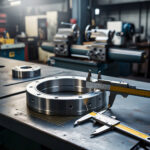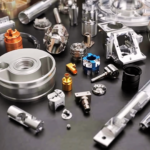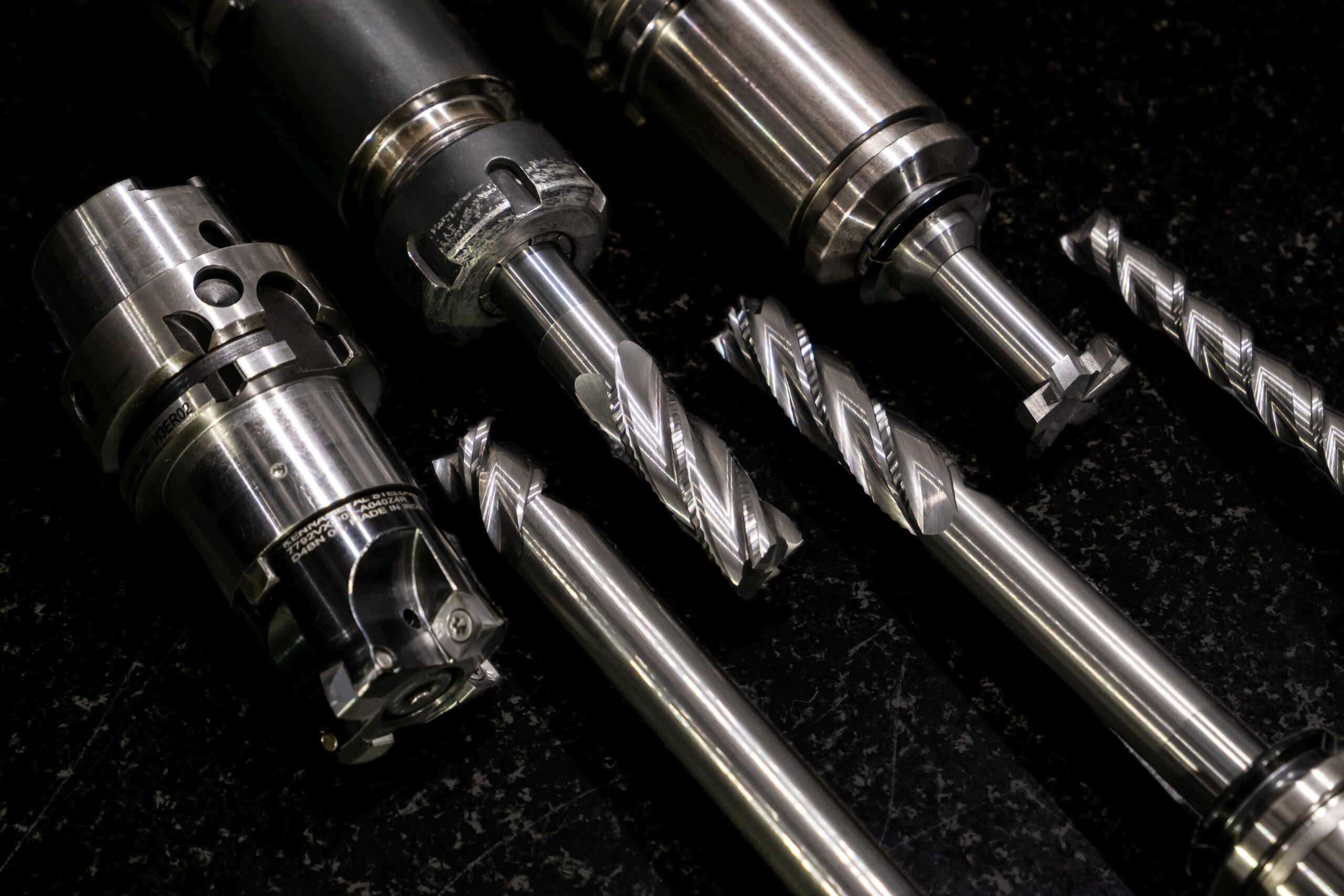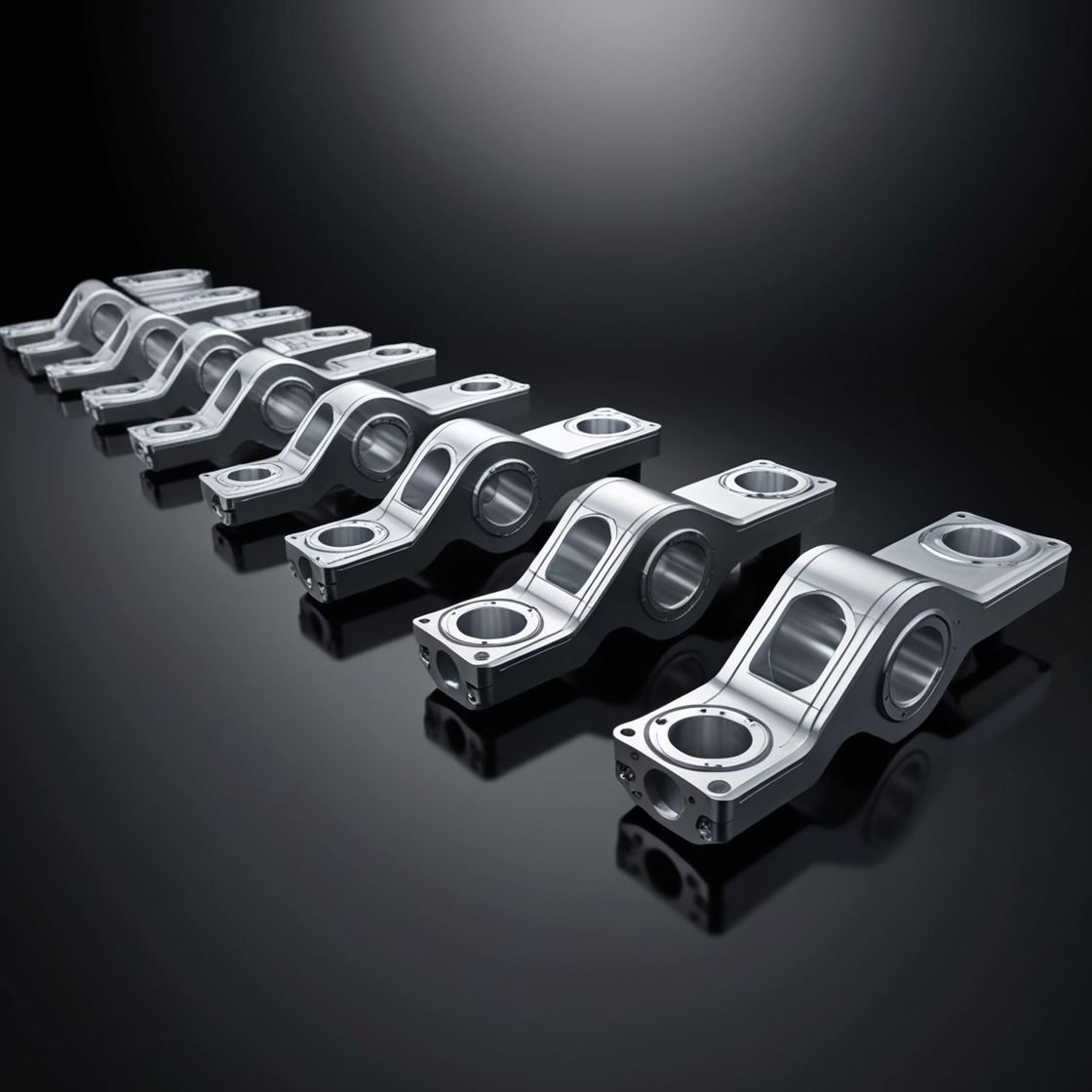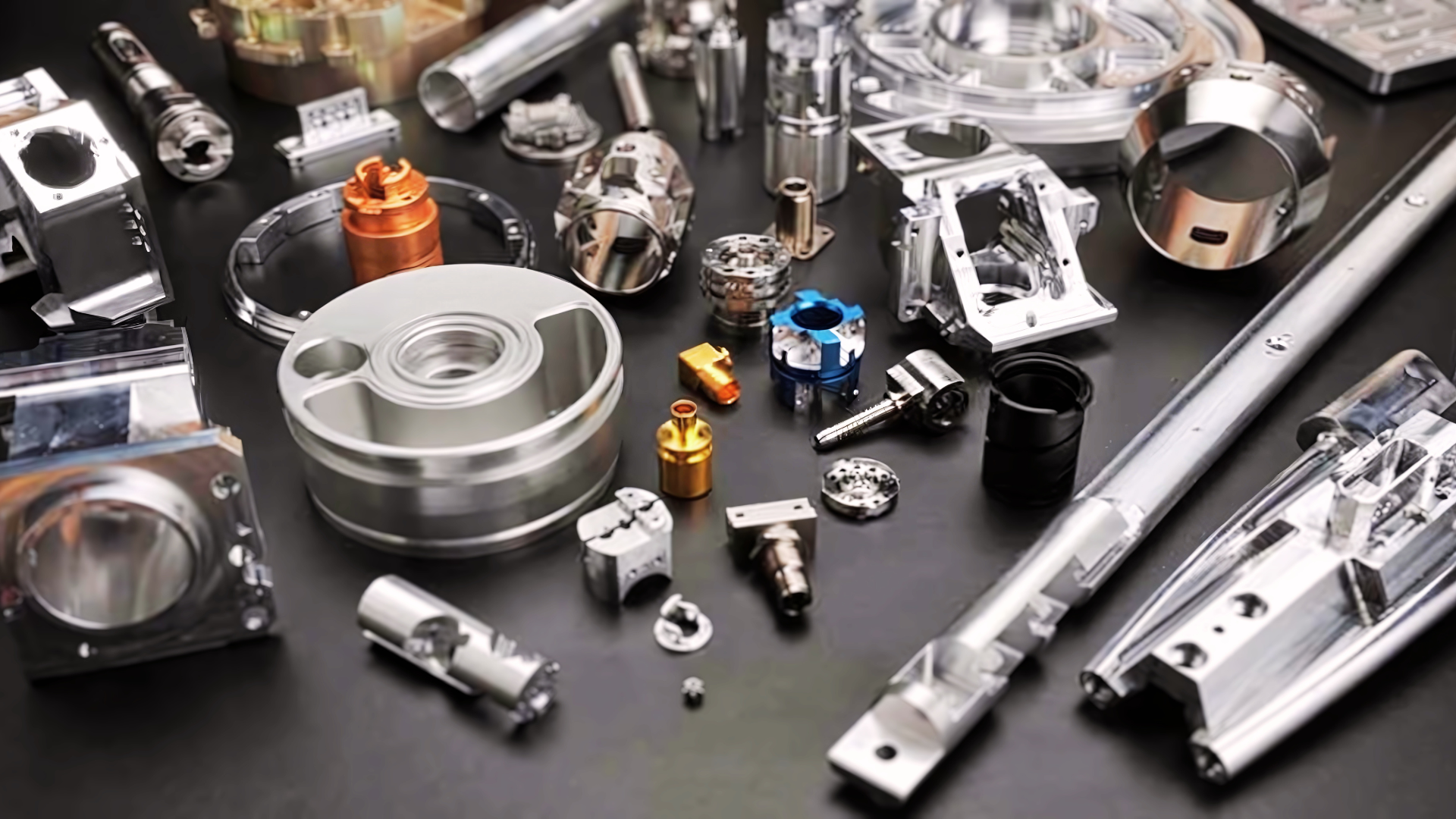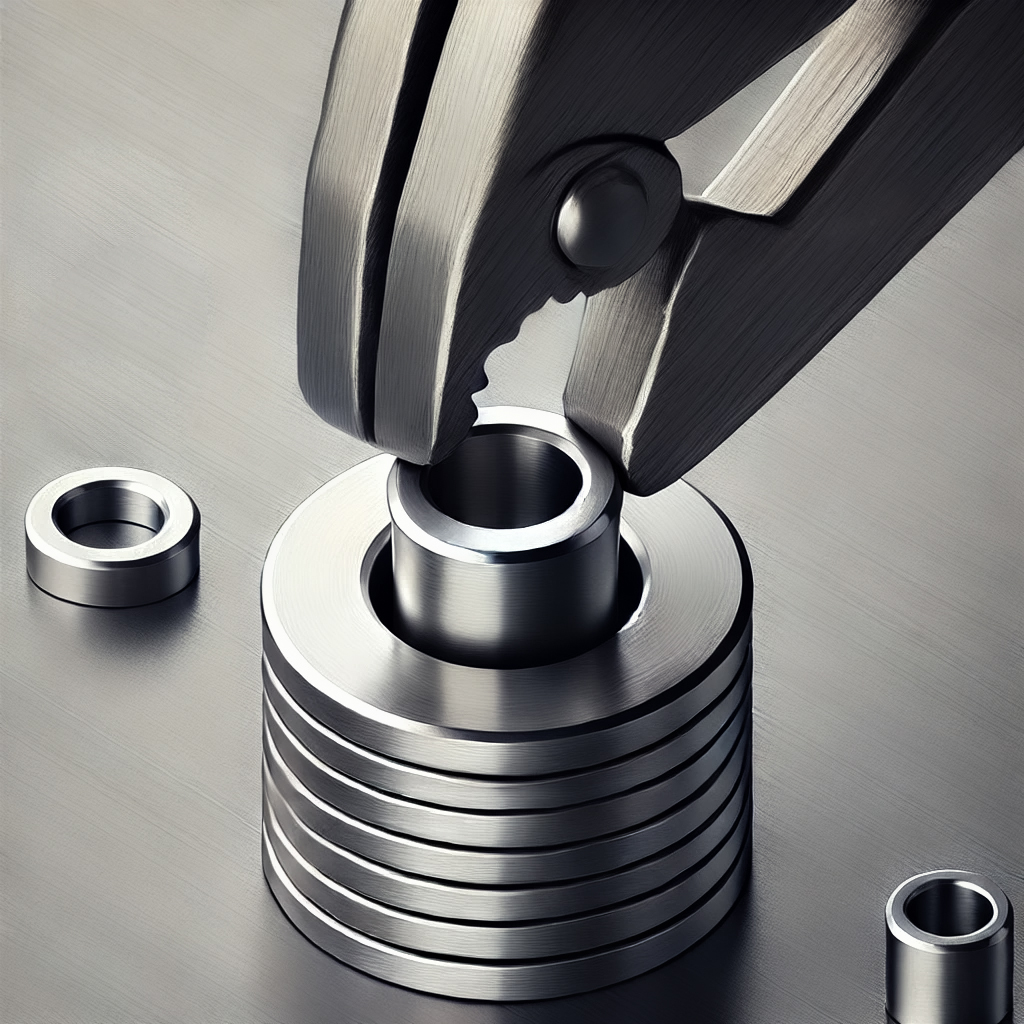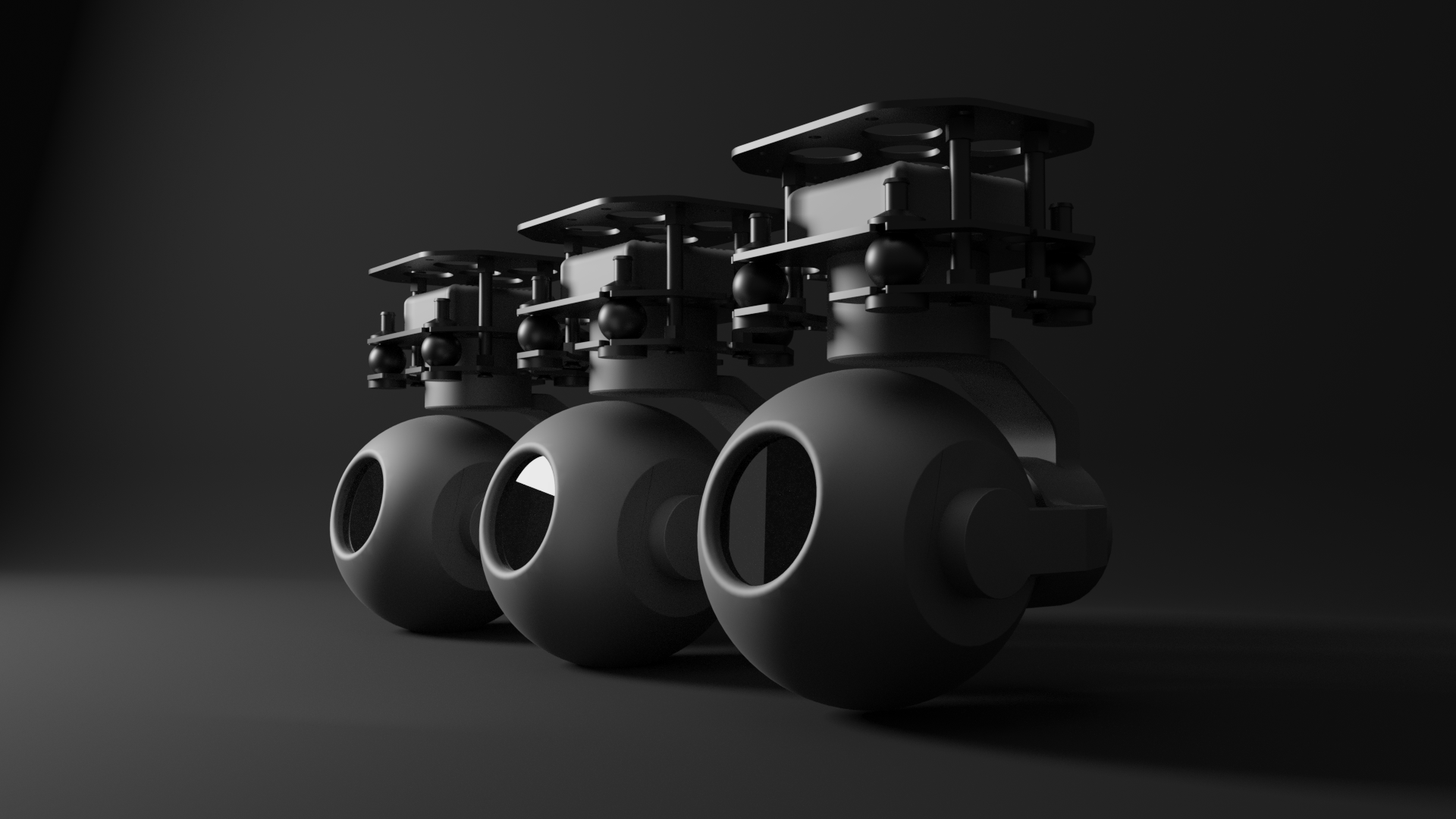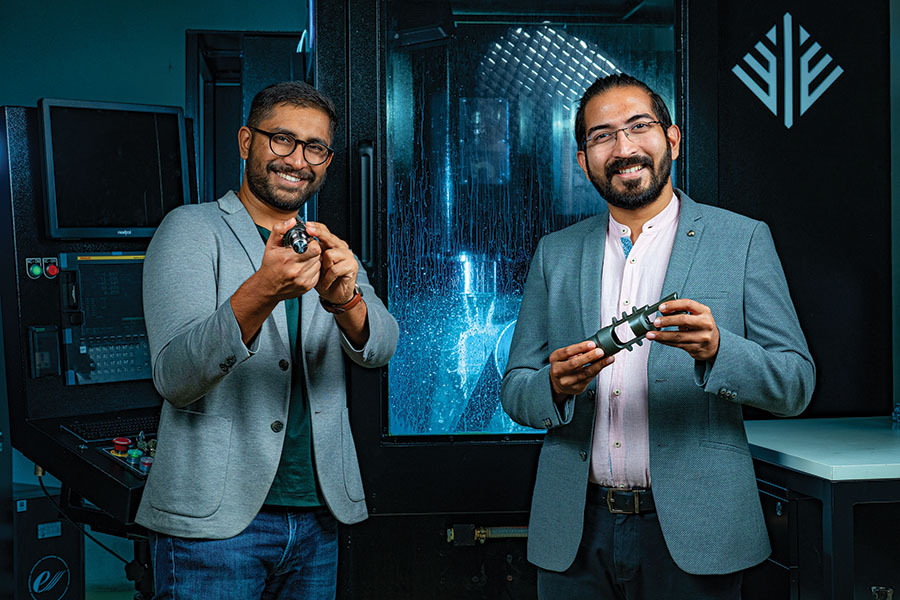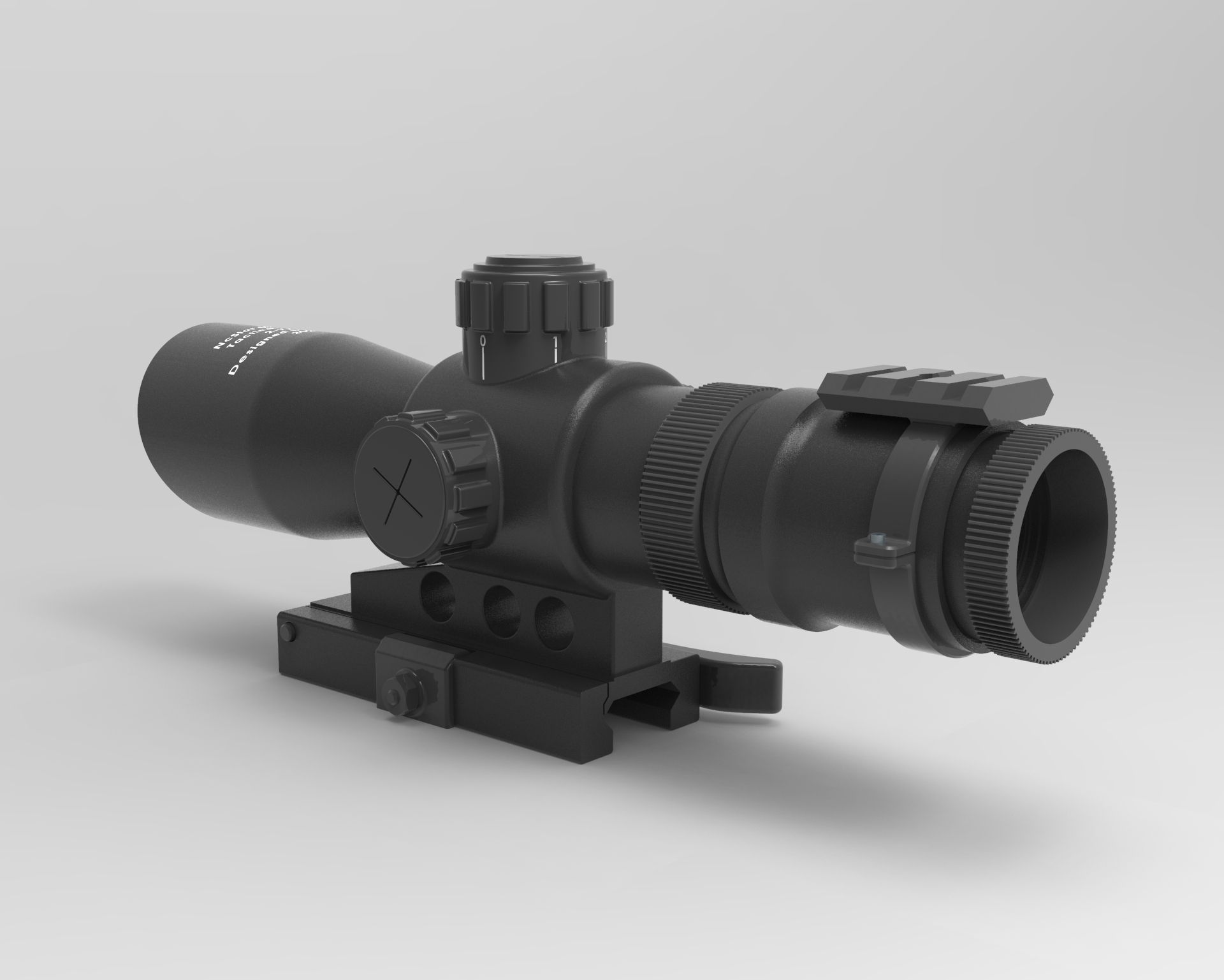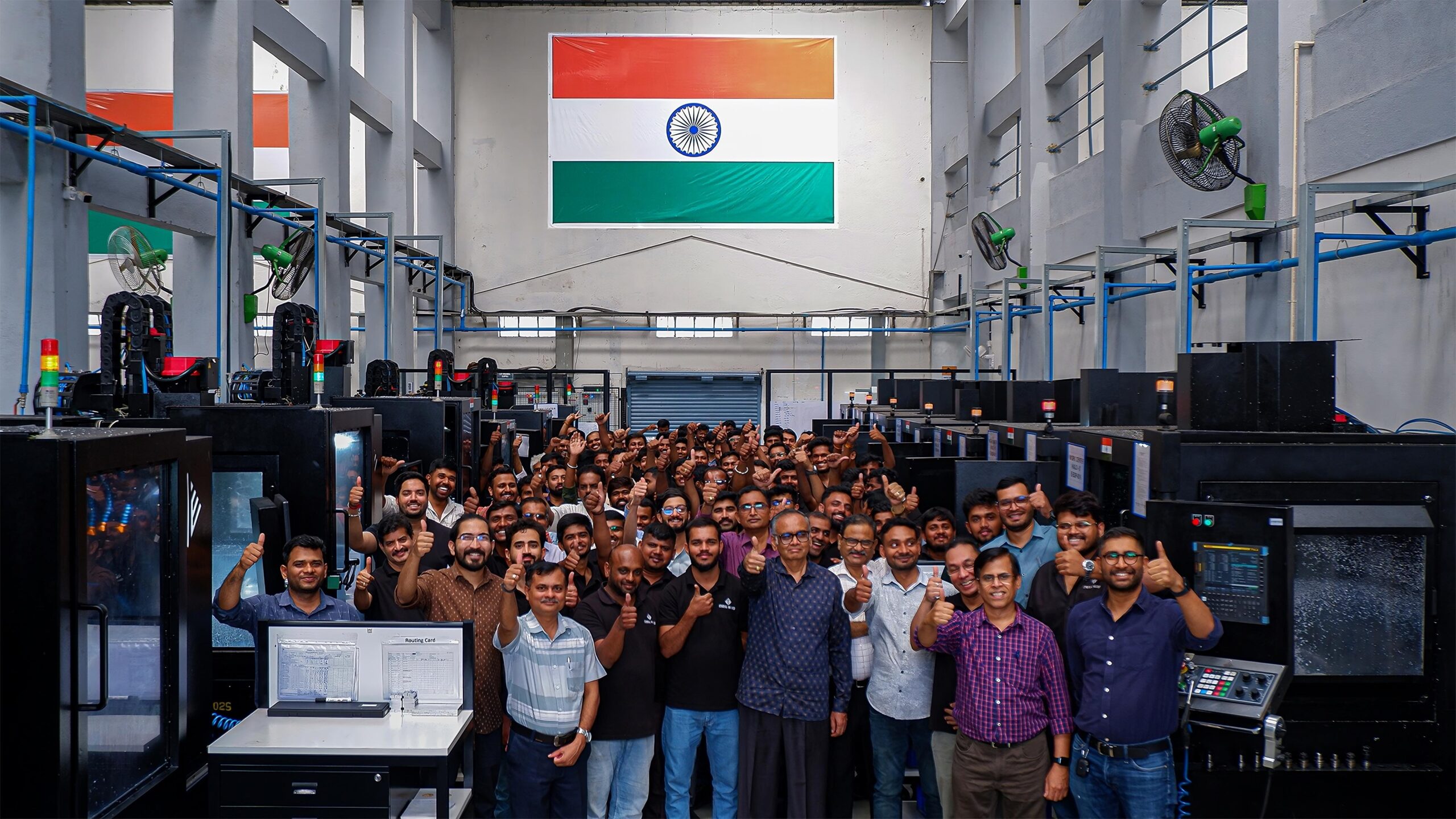Steering the CNC Machining Supply Chain Ecosystem
The CNC machining supply chain ecosystem is a complex network of interdependent processes that contribute towards the end product. Material sourcing and quality control are two critical components that determine the success of the CNC machining supply chain. The supply chain is the backbone of any manufacturing industry, and it is important to optimize the system for maximum efficiency and profitability.
Efficient material sourcing and quality control ensure that the end product is of high quality, within specifications, and delivered on time. In this blog, we will delve deep into the issues surrounding material sourcing and quality control in the CNC machining supply chain ecosystem. We will also discuss emerging trends in the industry and provide critical insights for stakeholders.

The scope of the blog aims to provide practical knowledge and real-life illustrations that readers can relate to. We will discuss the types of raw materials, the criteria for selecting raw materials, the challenges faced in material sourcing, and best practices. We will also examine the importance of quality control, types of quality control measures, challenges faced, and some of the best practices to achieve maximum efficiency. We will then explore emerging technologies in the CNC machining supply chain, the impact of Industry 4.0, integrating big data and analytics, and green manufacturing.
Material Sourcing in CNC Machining Supply Chain

Raw materials come in a wide variety of types ranging from metals, alloys, plastics, and composites. These materials have unique characteristics and properties that make them suitable for CNC machining applications. The criteria for selecting raw materials depend on several factors, including the material’s properties, durability, quality, cost, and availability.
One of the significant challenges in material sourcing is identifying reliable suppliers who can provide quality materials consistently. Material shortages and supply chain disruptions can also impact material sourcing, leading to delays and increased costs. Effective material sourcing requires close collaboration with suppliers, meticulous planning, and proactive risk management.
The best practices in material sourcing involve diversifying the supply base, working with certified suppliers, and adopting a just-in-time inventory management system. Diversifying the supply base reduces risks and ensures a constant supply of materials. Certified suppliers comply with industry standards, ensuring high quality and consistency in materials. Just-in-time inventory management optimizes the inventory levels, minimizing waste, and reducing storage costs.
Quality Control in CNC Machining Supply Chain
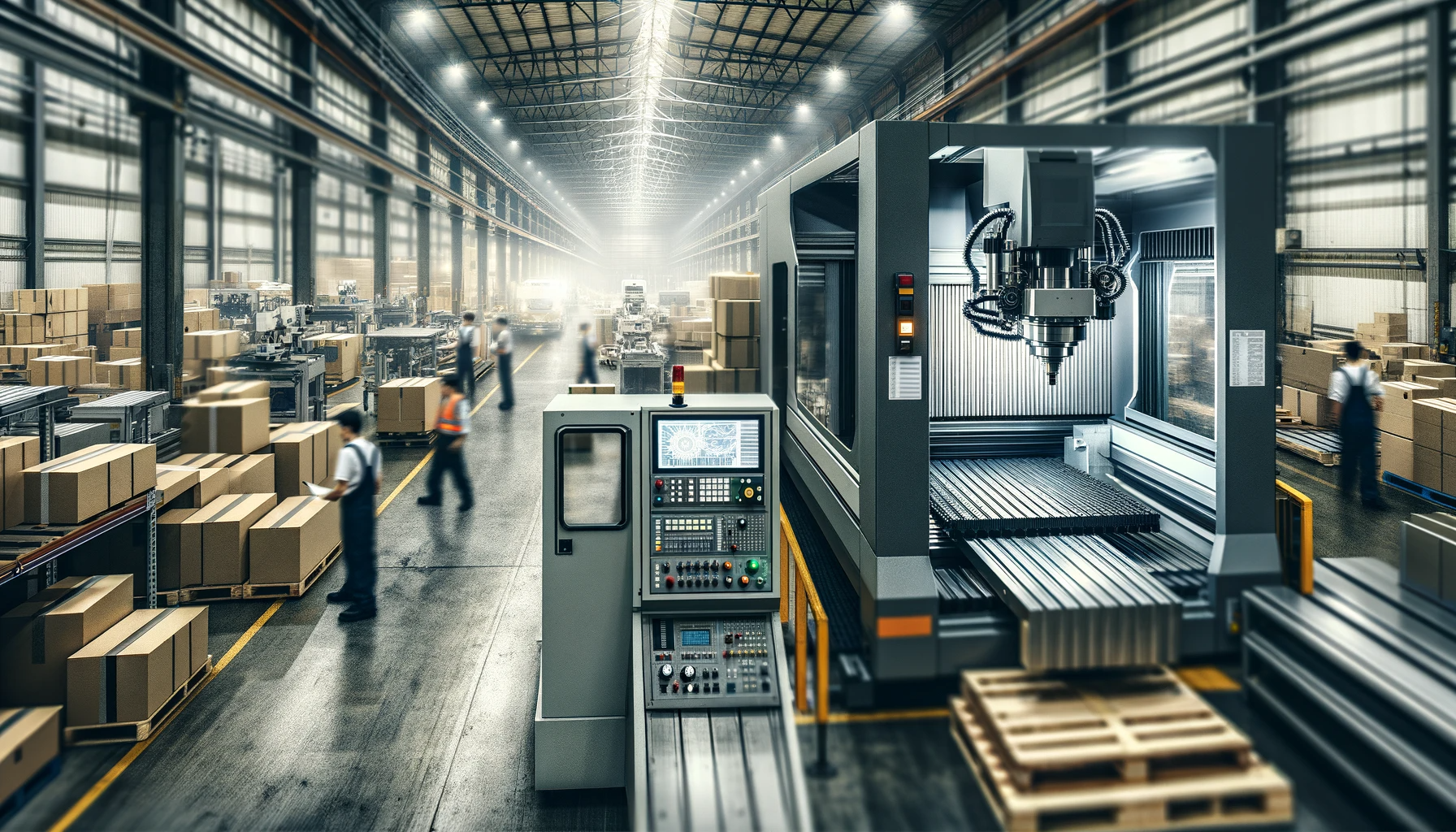
The Importance of Quality Control
Types of Quality Control Measures
Quality Control Challenges Faced
Best Practices in Quality Control
To maintain quality and reduce the challenges faced in quality control in the CNC machining supply chain, companies should implement best practices. One of the best practices is to use Statistical Process Control (SPC) to monitor the process variation and identify any deviations from the expected results. The other best practice is to invest in training personnel on quality control systems and measurement. Companies should also develop a quality management system that involves documentation and continuous improvement.
In conclusion, quality control is an essential aspect of the CNC machining supply chain. It ensures the production of high-quality products that meet customer specifications and standards. With the implementation of best practices, companies can overcome the challenges and maintain consistent quality products.
Future Trends in CNC Machining Supply Chain
Emerging Technologies in CNC Machining Supply Chain
Additive manufacturing, or 3D printing, is one such technology that has revolutionized the CNC machining supply chain. It has transformed the way manufacturers approach prototyping, design, and production. 3D printing allows for the production of complex designs with high precision and accuracy, reducing the need for extensive machinist work and assembly.
Another technology that is rapidly gaining traction in the CNC machining industry is Artificial Intelligence (AI). AI-powered software can analyze data and optimize machining processes without human intervention. Such technology promises to reduce labor costs, improve efficiency, and reduce errors in machining.
Impact of Industrial Revolution 4.0
Integrating Big Data and Analytics
Green Manufacturing – Advancements and Opportunities:
Sustainability is becoming an essential aspect of the CNC machining supply chain. Innovations such as the use of renewable energy sources are rapidly being integrated into the process. The implementation of green practices not only reduces the impact on the environment but also opens up new opportunities for cost savings.
In conclusion, future trends in the CNC machining industry are exciting, with emerging technologies revolutionizing traditional supply chain management. As the industry becomes more competitive, manufacturers that adopt these technologies will maintain a competitive edge, reduce costs, and improve efficiency. So stay ahead of the curve, and embrace these evolving technologies to succeed in the dynamic CNC machining supply chain ecosystem.
Conclusion
The supply chain ecosystem of CNC machining involves material sourcing and quality control measures, and it is crucial to ensure efficient processes in these areas. Efficient material sourcing involves selecting appropriate raw materials and implementing best practices to overcome challenges like availability and cost. Simultaneously, quality control measures play a pivotal role in securing high-quality output. Stakeholders must adopt emerging technologies, integrate big data and analytics, and prioritize green manufacturing to ensure sustainable and efficient practices.
Looking ahead, the CNC machining industry faces the transformative impacts of Industrial Revolution 4.0 and an increasing emphasis on sustainability. Stakeholders are advised to invest in emerging technologies, enhance material sourcing and quality control measures, and embrace sustainable manufacturing practices. In conclusion, steering the CNC machining supply chain necessitates prioritizing efficient material sourcing, stringent quality control, technology adoption, and a commitment to sustainability, enabling the industry to thrive in the dynamic landscape of modern manufacturing.
On-demand CNC Machining Services by Ethereal Machines offers the perfect solution for your CNC machining needs. With secure and confidential processes, you can get an instant quote and access expert advice from their technical team. Whether you need custom CNC machined parts or have a specific project in mind, Ethereal Machines is committed to helping you every step of the way. Try MAAS now and achieve your goals with ease.
Views: 293



